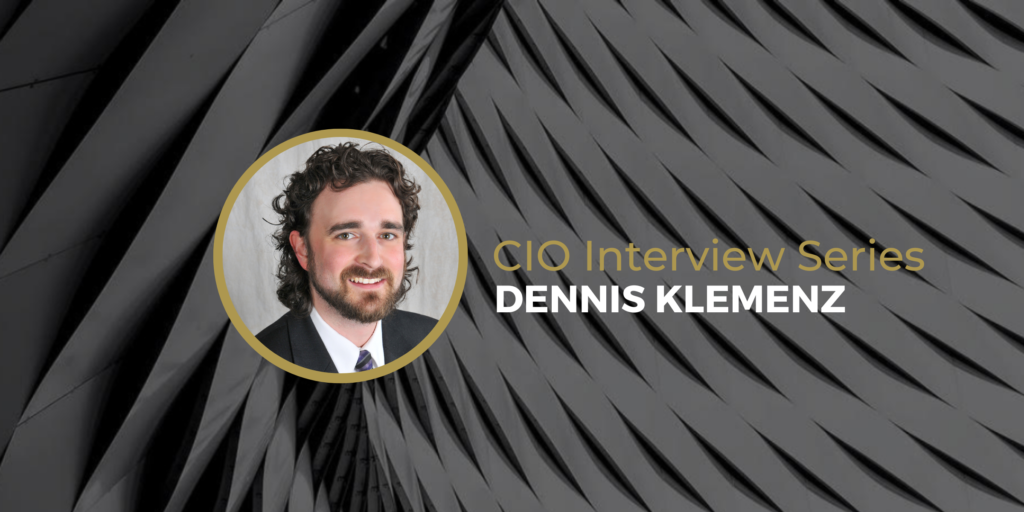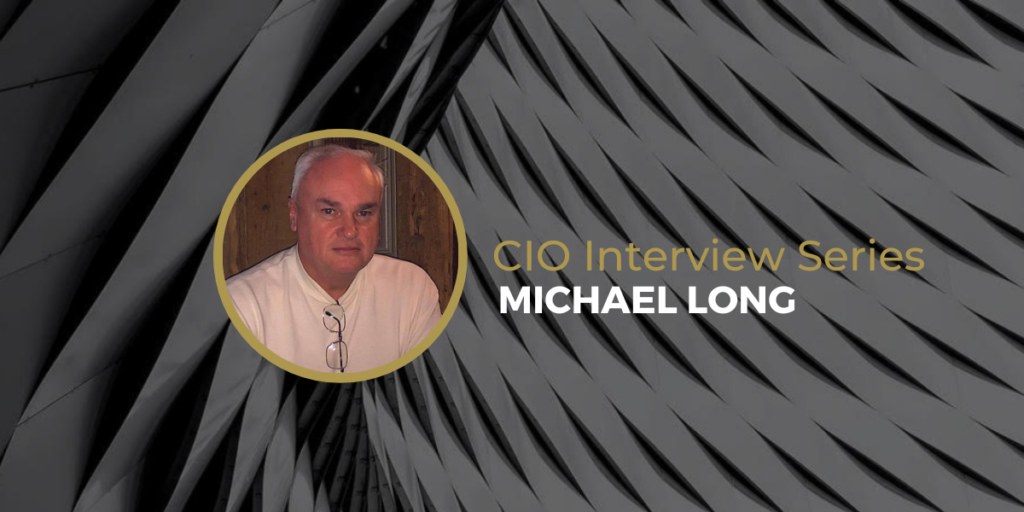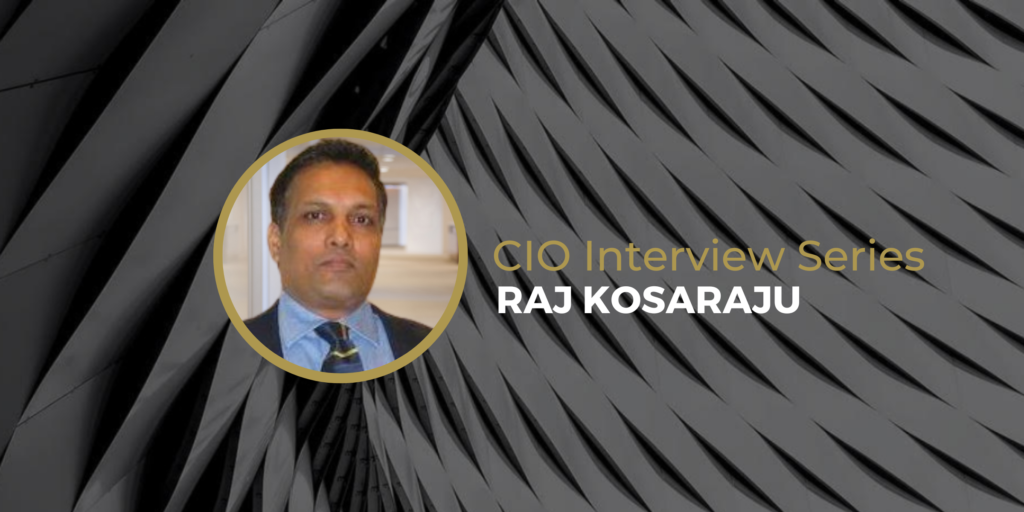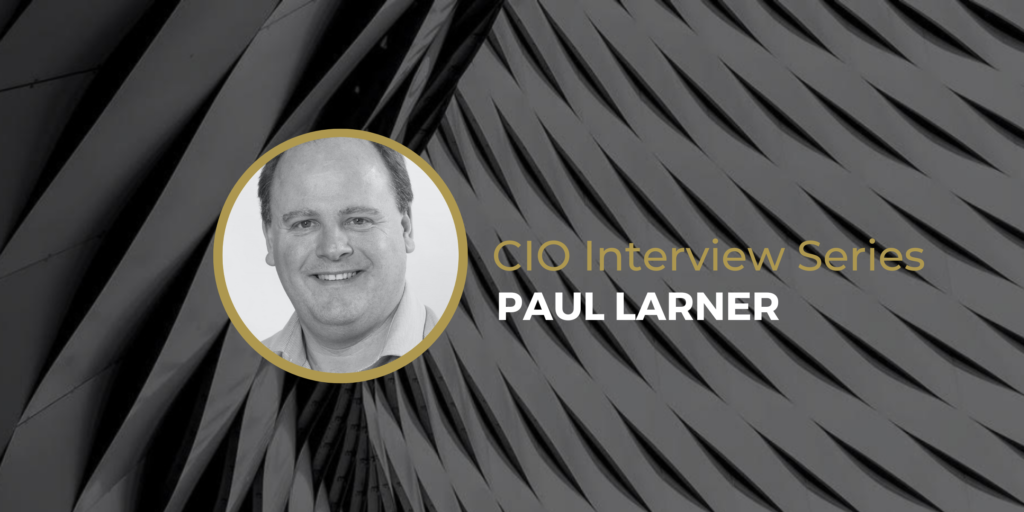Frank Watts
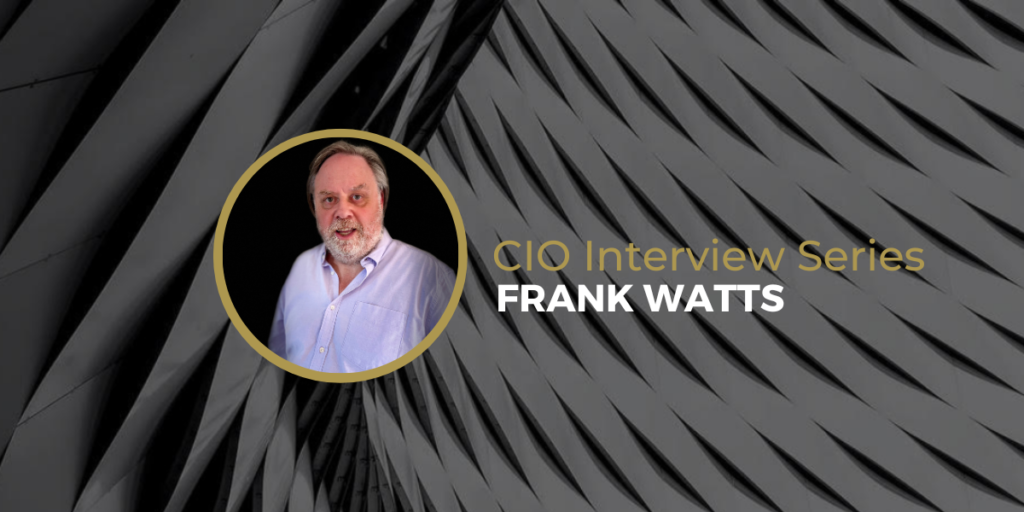
CIO at Freeman Clarke
Can you please provide a little introduction about yourself
Mostly working from home which is in Spalding in the UK. My CIO role involves fractional work with mid-sector companies from a variety of verticals. My NED role is with a company based in Scotland.
What has your journey to your position been like? What path have you taken?
After studying Computer Science at University I went into computer-based project planning and tracking systems for a research establishment. Following periods in Work Study and Business Process, I joined TGIFridays as their Business Systems Manager in a newly opened European startup. The seven amazing years with Fridays taught me so many things about management, customers and the importance of passion for what you do. I then worked on Y2K for Whitbread while a did an MBA at Ashridge. The MBA was certainly a key milestone in my career and, although over twenty years ago, barely a week goes by without contact with one of my good friends from the course. The major learning for me was how the various parts of a company work together and being able to converse with Operations, Marketeers, Finance and HR leaders at the Board level on their terms, hopefully meaning they don’t just regard you as “the IT guy”.
JD Sports and, nine years ago I moved, with my family, to the Middle East to join Al Tayer Group. A massive family-run business based in Dubai, I joined their Board as Group CIO and was privileged to report into the Chairman. His day job was as Finance Minister on the UAE government so I learnt to use his precious time carefully. He was the perfect mix of being IT literate, inquisitive, risk-averse, decisive and overall was incredibly supportive to me and the aggressive transformation we set out for the next eight years.
I returned to the UK in 2022 with the family and since then have reduced the number of days I work each week but still keep very busy with the fractional CIO work, my NED role, and some other commitments like mentoring, consulting, some Brand Ambassadorship and using my new ride on mower to cut the one and a half acres of the lawn the dogs love to roam in.
Has it always been your vision to reach the position you’re at? Was your current role part of your vision to become a tech leader?
As I was a very poor computer programmer I can honestly say that I always wanted to progress to managing the smart people that delivered the projects for IT. I even got a kick out of speaking to sometimes very irate senior users when systems were playing up as I felt I could add more value that way.
Have you had a role model or mentor that has helped you on your journey?
My first boss, Geoff Cochran, was an inspiration to me. He always displayed the values of trust, honesty and integrity that I have tried to follow throughout my career. Then at TGIFridays Tony Hughes the original UK MD was a huge inspiration. Finally, I would mention my Al Tayer Chairman, Obaid Al Tayer. His amazing wisdom and integrity hopefully rubbed off a bit on me and have certainly influenced the way I approach problem-solving.
How do you see the role of the technology leader evolving over the next 5 years?
I see the Board Room getting more tech-savvy elements as subject matter experts join that have grown up with the internet, social media and even the AI world. So I believe the role of the CIO will be replaced by Chief Technology Officers, Chief Data Officers and Chief Transformation Officers. The role of Data has already become paramount in most organisations so the question will be whether compliance, insights and security are devolved to other Board positions (like Ops, Marketing or Risk/Compliance). In the near future I would expect to see far more CISOs appearing on Boards.
What skills do you think leaders of the future will need in order to thrive?
Aside from the technical skills, I do believe that leaders will need to improve on softer skills like empathy, listening, and communication. I think this has improved over the past 20 years (possibly aided by more female Executives) but there is still a way to go.
How do you keep current with new skills, technologies and personal development?
I read as much as I can. LinkedIn is great and, although I miss my Gartner membership I still see enough of the free stuff to keep me updated.
What do you see as the next leap in technology that will impact your business or industry in particular?
Well, that has to be AI. It will be as important a step as the advent of the internet itself. I do worry about the future of uncontrolled, unregulated, and ever more powerful tech though. Full sentience, when computers have feelings, along with absolute power, is a dangerous mix. If they have control over their own on/off switch we are in trouble. The warnings have been there for years from the likes of Stephen Hawking and Elon Musk. And there is no doubt this tech will be weaponised at state level.
“Don’t stay in a role if you hate it.”
If you were mentoring a leader of the future, what advice or guidance would you give to help them on their way?
It’s more likely today than ever that you will completely change the path of trajectory at least a couple of times. Don’t be afraid of that. And don’t stay in a role too long as it may be cozy or good fun. But also don’t stay in a role if you hate it!
Is there anything in particular that you would still like to achieve in your career or what is the next step on your journey?
I’m still learning every day and that is enough motivation in itself. And perhaps a small tractor for the garden?
If you could change one thing in the world, what would it be?
Currently, and remotely realistically, the wars in Ukraine and Yemen to stop.
A big thank you to Frank Watts from Freeman Clarke for sharing his journey to date.


